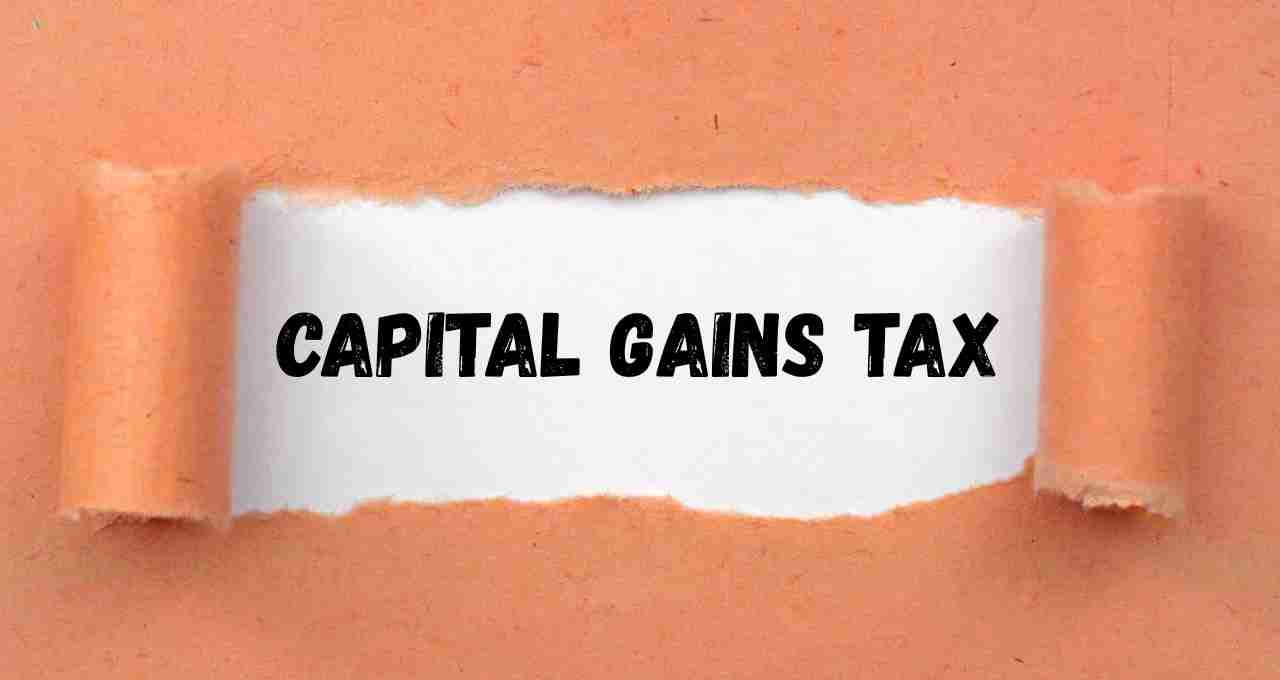If you've earned a substantial profit from selling land or property, paying income tax on it may be mandatory. However, the Income Tax Act also contains provisions under which you can get full or partial exemption from tax. For this, proper planning and knowledge of the rules are essential.
PropertyTax: When a person sells land or property and earns profits in lakhs or crores, it comes under the Income Tax Department's purview. Under the Income Tax Act, this profit is called Capital Gain and is taxable. However, the Government of India has made special provisions for tax exemptions in certain situations. These specifically include Sections 54, 54F, and 54B, which can help reduce or completely save the tax amount.
What is Capital Gain?

When a property, such as land, a house, or a plot, is purchased and sold at a higher price after some time, the additional amount received is called Capital Gain. It is of two types:
- Short Term Capital Gain: If the property is held for less than 24 months.
- Long Term Capital Gain: If the property is held for 24 months or more.
Short Term Gain is added to the individual's regular income and taxed according to the individual's income tax slab. On the other hand, Long Term Gain is taxed at a rate of 20%, but the benefit of indexation is available, which can reduce the tax.
Key Ways to Save on Tax
Exemption under Section 54F
If you use the money you earned from selling your land to buy or build a residential house, you can get a full tax exemption under Section 54F, provided that:
- The new house was purchased one year before or
- Is purchased within two years or
- Is built within three years
Section 54B – Exemption on Sale of Agricultural Land
If you have sold urban agricultural land and purchased another agricultural land within two years from the profit amount, you can get tax relief under Section 54B. This exemption applies only if the land has been used for agriculture for at least two years before the sale.
Capital Gains Deposit Account Scheme (CGDAS)
If you have not yet purchased a new property, the profit amount can be deposited in the Capital Gains Deposit Account Scheme. Under this scheme, tax does not have to be paid immediately, but the amount must be used to purchase property in a timely manner.
Difference Between Urban and Rural Land

- If the land is located 2 km or more away from the boundary of a municipality or municipal corporation and where the population is less than 10,000, it is considered rural agricultural land. No capital gains tax is levied on selling such land.
- But if the land falls in an urban area, even if it is agricultural land, the profit from its sale will be taxed.
What to Keep in Mind Before Paying Tax?
- Type and Location of Land: Determine whether the land falls in an urban area or a rural area.
- Time Calculation: How long have you held the land – more than 24 months or less?
- Difference Between Purchase Price and Sale Price: Calculate with indexation to determine the actual tax liability.
- New Property Plan: Are you going to buy a new house or agricultural land from the profit?
- Investment in CGDAS: If you have not invested immediately, put the money in this account.
Possibility of Changes in Rules
Tax-related rules may be amended by the government from time to time. Therefore, be sure to check the provisions of the current financial year before selling the property. It is advisable to consult a chartered accountant or tax expert before any major transaction so that you do not inadvertently make a mistake and avoid penalties in the future.












